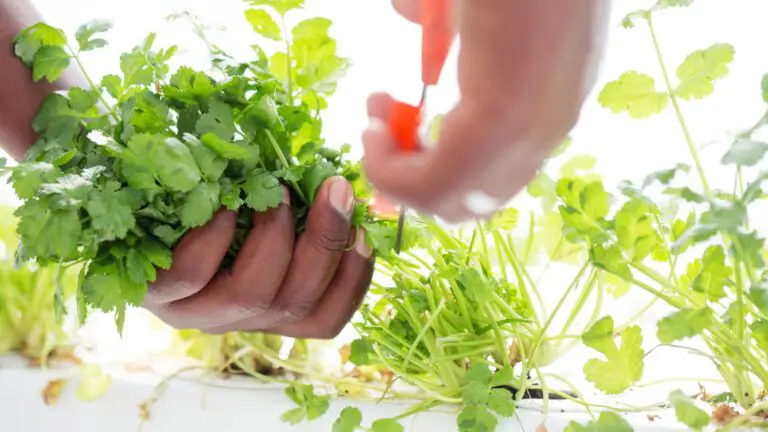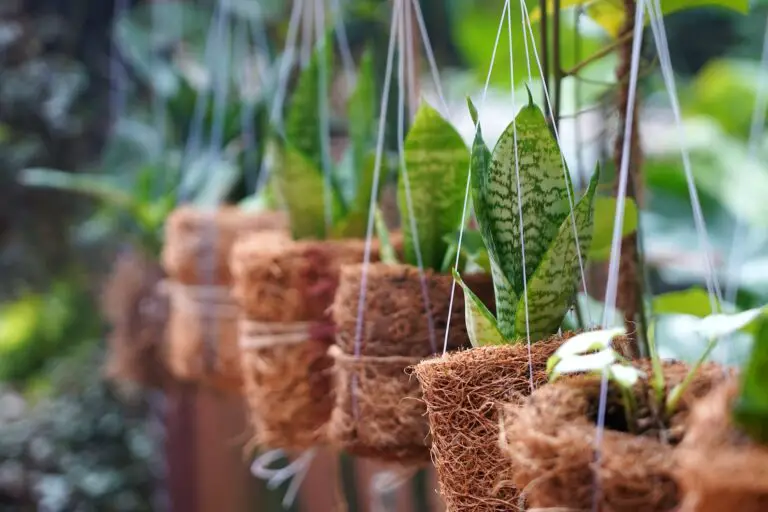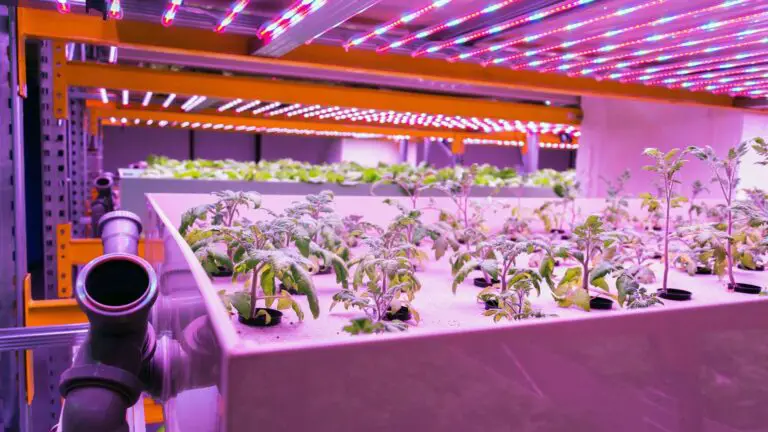How to Grow Outdoor Hydroponics in Rain
Disclosure: Your purchases through our links may earn us a small commission, supporting our site’s ability to provide valuable information to our readers. Rest assured, it won’t impact your price. Thank you for your support.
Growing hydroponic plants outdoors can be challenging, especially when rain is in the forecast. Fortunately, you can do a few things to increase your chances of success.
Here are a few things to remember when growing hydroponic plants outdoors in the rain. By following them, you’ll be on your way to growing healthy and vibrant hydroponic plants, even when the weather isn’t cooperating.
1. Choose the Right Location
When it comes to growing hydroponic plants outdoors, location is everything. You will want to pick a spot with plenty of sunlight, as hydroponic plants need at least 6 hours of direct sunlight per day. You will also want to ensure that your chosen spot is protected from the wind.
2. Protect Your Plants by Building a Protective Cover
Once your plants are adequately watered in their pots, it’s time to protect them from the elements. One of the best ways to protect your hydroponic plants from rain is to build a protective cover over them with a tarp, plastic sheeting, covered porch or shed if you expect rain. This can be anything from a simple tarp to a more elaborate greenhouse setup. You will want to ensure that the tarp goes down to the ground so that your plants are fully protected. If you are expecting high winds, you may also want to weigh down your tarp with sandbags or rocks so that it doesn’t blow away. If you live in an area with heavy rains, you may even consider investing in a retractable roof system that will allow you to quickly and easily protect your plants from the downpour.
3. Implement a Better Drainage System
Another important guidance for growing plants in the rain is ensuring that your plants have enough drainage. If your plants do not have enough drainage, they can become waterlogged and may even rot. To prevent this from happening, plant your hydroponic plants in an area where they will have good drainage. You may also need to provide additional drainage by placing rocks or gravel at the bottom of your pots or planters.
4. Consider Using Heaters
Another way to protect your outdoor hydroponic plants from rain is to use heaters specially made for gardens, to keep them warm. This is especially important if you live in an area with cool nights or if you’re growing during the winter months. Using heaters, you can create a microclimate around your plants to protect them from the cold and wet weather outside.
5. Water Your Plants More Frequently
It’s also important to remember that hydroponic plants need more water than traditional plants grown in soil. This is because hydroponic plants cannot access soil, so they cannot absorb water through their roots. When it rains, it is essential to frequently check on your hydroponic plants and water them as needed. Remember to check the weather forecast before watering so that you don’t overwater and drown your plants.
Related:
How to Water Your Hydroponic Potatoes?
How Often to Water Seedlings in Rockwool Hydroponic?
How Often to Water Your Plants With the Kratky Method?
7 Watering Tips for New Hydroponic Gardeners
6. Ensure There Is Plenty of Air Circulation.
One of the most important things to remember when growing plants in the rain are ensuring that your plants get enough air circulation. If your plants lack air circulation, they can become moldy, mildewed, and contaminated with harmful bacteria. To prevent this from happening, keep your plants in an area where they will get plenty of fresh air.
Conclusion
Rain and outdoor hydroponics don’t have to be mutually exclusive. With the proper preparations, you can grow healthy plants despite the weather. By choosing a location with plenty of sunlight, protecting your plants from the elements, and implementing a good drainage system, you can keep your plants growing strong all season long. If you’re expecting rain or high winds, take precautions such as covering your plants with tarps or building a protective cover. And remember to water your plants more frequently when it rains!
Thank you for reading!
Also, read:
Do Rain Affect Outdoor Hydroponic Plants?
Best Plants for Hydroponics to Grow Under a Grow Light
5 Tips on How to Grow Healthy Hydroponic Plants
The Top 13 Hydroponic Plants Perfect for Beginners and How to Grow Them





